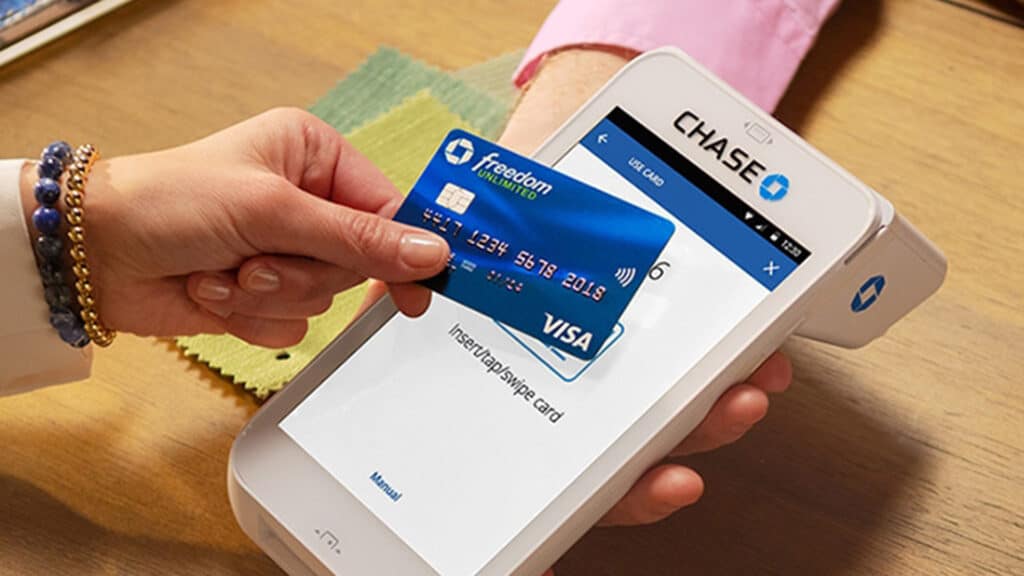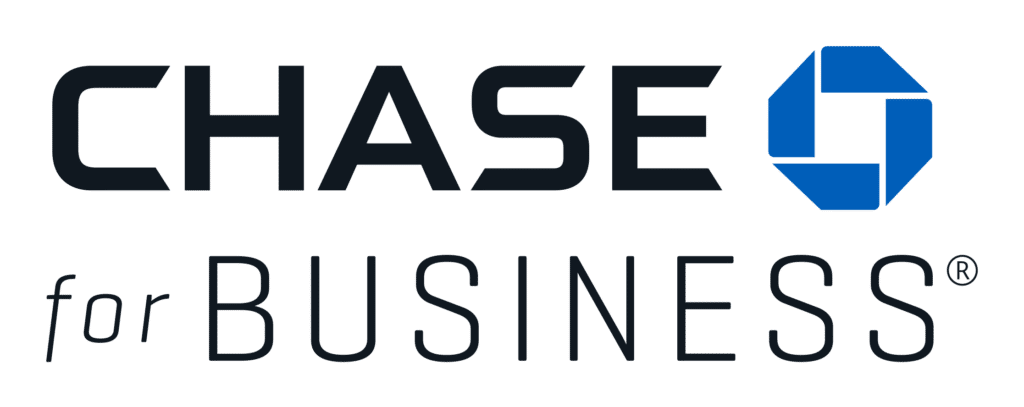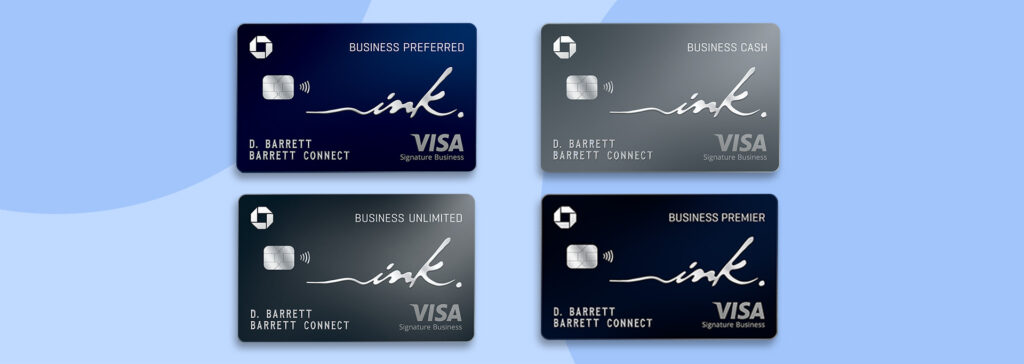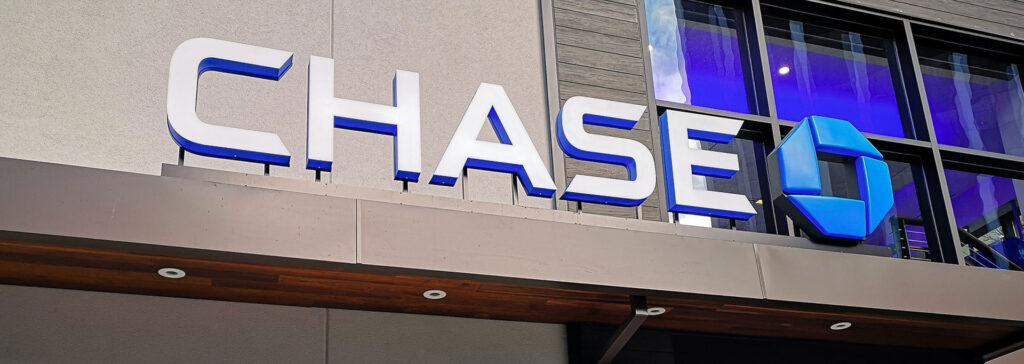Most products on this page are from partners who may compensate us. This may influence which products we write about and where and how they appear on the page. However, opinions expressed here are the author's alone, not those of any bank, credit card issuer, airline or hotel chain. This page may include information about American Express products currently unavailable on Slickdeals. American Express is not a partner of Slickdeals.
As a small business owner, it's essential to set up key financial tools that can help you run your business the right way. This process starts with a business checking account. Yet depending on the type of company you operate, this type of business deposit account might be just the first of many banking solutions that you need.
Below is an overview of several different types of small business banking accounts you might want to consider opening for your business. Your business may or may not require all of these tools, but it's helpful to know what's available.
Small Business Bank Account

One of the first steps you should take when you open a new business is to establish a separate business bank account for your new company. It's important to keep personal and business finances separate for tax purposes. And if you're a serial entrepreneur who owns more than one company, you will want to keep the finances for each company separate as well.
At a minimum, you should open a small business checking account for your new company. It may also be wise to open a business savings account — providing you with a place to store savings for business emergencies and future growth opportunities too. If you take the time to shop around, you may be able to find new business bank bonuses that might help your business earn extra cash when it opens its new bank accounts.
How to Open a Business Bank Account
Depending on the type of business entity you establish, you may have to provide different documentation when you open a new business bank account. Different financial institutions may have different requirements as well.
Here's a general overview of the documents you might need to supply when you open a business bank account:
- Personal Identification for All Owners, Such as:
- Driver's License
- Passport
- Mailing Address
- Social Security Number
- Employer Identification Number (EIN)
Additionally, you'll need to provide several organizing documents, which will vary depending on what type of business entity you are launching. These may include:
- Articles of Organization
- Articles of Incorporation
- Partnership Agreement
- Business License
You should also be prepared to share details such as your business address, phone number, and any assumed business names (also called DBAs).
Recommended Business Account
Chase Business Complete Checking®
- Our Rating 5/5 How our ratings work
- APYN/A
- Minimum
Deposit RequiredN/A -
Intro Bonus
$300-$500Expires May 14, 2026
Earn up to $500 when you open a new Chase Business Complete Checking® account. For new Chase business checking customers with qualifying activities.
The Chase Business Complete Checking® account is an attractive option. It offers the convenience of one of the largest financial institutions in the country, and it frequently offers bonuses that are relatively easy to earn. While it does not allow you to accrue interest on your funds like some other popular small business checking accounts, it's still very much worth considering if you can meet the requirements to waive its monthly fees.
Overview
The Chase Business Complete Checking® account comes loaded with a valuable sign-up bonus and an assortment of helpful perks, so long as you can meet the requirements to waive its monthly fees. It’s a good fit for many business checking customers, regardless of business size.
Pros
- Generous signup bonus
- Several options to waive monthly fee
- Same-day deposits using QuickAccept℠ service
- Huge network of in-person branches and ATMs
Cons
- Monthly maintenance fee
- Overdraft fees are relatively high
- Limit on fee-free cash deposits and physical transactions
Merchant Account
Once you open a general checking and savings account for your business, you may want to consider opening a merchant account as well. A merchant account can enable your company to accept credit card and debit card payments from its customers.
It's important to have the ability to process credit card payments since the majority of consumers (57%) use credit and debit cards to pay for purchases. If you have a brick-and-mortar location (especially a retail storefront), your business may also need a POS or point-of-sale system that works with your merchant account. A POS system enables customers to insert a chip card or swipe their credit cards or debit cards for payments.
One potential option to consider if your business needs to accept credit card payments is Chase Payment Solutions℠. This credit card processing system from Chase Bank (formerly called Chase Merchant Services) can enable your company to accept credit cards. The Chase merchant account even features the ability to turn your mobile device into a mobile point-of-sale solution.

Chase Payment Solutions Review: Credit Card Processing for Businesses of All Sizes
Small Business Credit Card

Another type of financial account that you may want to open for your company is a small business credit card. There are several reasons you might want to apply for a small business credit card, including the following potential benefits that these accounts may have to offer.
Small business credit cards might help you:
- Establish business credit
- Keep business and personal purchases separate
- Manage cash flow
- Earn valuable rewards like points, miles, or cash back
With most small business credit cards, the credit card issuer will check your personal credit when you apply for a new account. So it's wise to review your consumer credit reports (and possibly your personal credit scores) before you apply.
You typically don't need perfect credit to qualify for a small business credit card. Yet a good or excellent credit score may increase your odds of qualifying for a new account. If you're not happy with the condition of your credit when you review it, you might want to make a plan to try to improve your credit before you apply for financing (small business credit card or otherwise).
If you open a small business credit card, remember that it's best to pay off the full balance on any credit card (personal or business) each month. When you follow this smart credit management habit, you should avoid paying expensive interest charges. Plus, paying off your credit card balances each month may help you keep your credit utilization rate lower as well. Consumer credit scoring models and some business credit scoring models may reward you with extra points when you keep your credit utilization rate low.
Bottom Line
Setting up different bank accounts, merchant accounts, and small business credit cards for your new company might be somewhat time-consuming. And as a business owner who's trying to juggle the many responsibilities of managing a new startup, you might not feel like you have the extra time to take on additional tasks. Yet setting up the right small business banking accounts for your company is essential for the long-term success of your business.
The good news is that opening the business bank accounts you need should not be an ongoing chore. Once you go through the initial effort of comparing offers, finding the best banks to work with, and opening the right small business bank accounts for your company, you shouldn't have to revisit these tasks unless a problem arises in the future.










